October 1, 2025
Regular maintenance of your vehicle is crucial for ensuring long-term performance, safety, and reliability. Beyond basic oil changes and fluid top-offs, one of the most important aspects of maintenance is inspecting wear parts—components that experience constant stress, friction, and deterioration over time. Neglecting these parts can reduce vehicle performance, lead to expensive repairs, or even create unsafe driving conditions. Many wear components look fine at a glance, but hidden issues like internal cracks, uneven wear, or compromised performance may only be detected by a trained professional. To keep your vehicle running safely and efficiently, it’s essential to have a qualified technician inspect these five critical wear parts regularly. Professional Brake Pad Inspections for Safety Brake pads are the backbone of your vehicle’s stopping system. They absorb friction against the rotors to bring your vehicle to a safe halt. Over time, even high-quality brake pads wear down, diminishing braking performance. While you might notice squeaking or reduced responsiveness, only a professional can measure pad thickness accurately, check the condition of your rotors, and ensure the entire braking system is functioning correctly. Attempting to self-assess brake wear may miss early signs of problems, leading to more extensive damage or even safety hazards. Professional brake pad inspections help prevent accidents, maintain optimal braking performance, and extend the life of other brake system components. Expert Tire Checks for Traction and Control Your tires are the only point of contact between your vehicle and the road, making them critical to handling, stability, and stopping power. While you can perform basic visual inspections and monitor tire pressure, only a trained technician can detect hidden issues such as internal tire damage, uneven wear patterns, or alignment problems. Professionals also provide advice on proper rotation schedules, balancing, and replacement timing to maximize safety and tire life. A professional inspection ensures that your tires deliver the traction and control needed under all driving conditions, from wet roads to high-speed highway travel, reducing the risk of accidents caused by worn or improperly maintained tires. Suspension System Assessments and Shock Replacement The suspension system is responsible for absorbing shocks from the road and maintaining vehicle stability. Over time, components like shocks and struts naturally wear, causing excessive bouncing, swaying in turns, and uneven tire wear. Signs of suspension problems may include a rough ride, unusual noises, or a noticeable lean while cornering. According to Nationwide, new shocks are needed every 50,000 to 100,000 miles. While some wear can be detected visually or felt during driving, only a professional technician can accurately assess the condition of the shocks, struts, and other suspension components. Shock replacement by a qualified professional ensures that your vehicle maintains proper handling, ride comfort, and safety—especially during emergency maneuvers or sudden stops. Regular professional suspension checks also prevent long-term damage to tires and other connected systems. Belts and Hoses Checked by a Professional Belts and hoses are critical to many essential systems, including the engine, alternator, and cooling system. Cracks, fraying, or loose tension in these components can lead to engine overheating, sudden failure, or costly mechanical damage. Although some wear may be visible, many problems develop internally and are difficult to detect without professional equipment and expertise. Technicians can thoroughly inspect belts and hoses, identify early signs of wear, and replace them before a failure occurs. Professional maintenance ensures your vehicle operates reliably, reducing the risk of being stranded or experiencing severe engine damage. Air Filter Replacement with Professional Oversight The air filter prevents dirt, dust, and debris from entering your engine. Over time, it can become clogged, limiting airflow and reducing fuel efficiency. While drivers may inspect air filters visually, professionals can evaluate overall engine performance, determine if a replacement is necessary, and ensure proper installation. This professional oversight helps maintain optimal airflow, prevents potential engine damage, and supports better fuel economy. Regular professional air filter checks are a small step that can significantly prolong engine life and maintain your vehicle’s efficiency. Vehicle safety and reliability depend on the proper maintenance of wear parts, many of which cannot be thoroughly evaluated without professional expertise. Brake pads, tires, suspension systems, belts and hoses, and air filters all require expert attention to function properly. Shock replacement, in particular, is a task best left to trained technicians, as worn shocks can directly affect ride comfort, handling, and braking safety. By trusting a professional to inspect and service these components, you can prevent costly repairs, avoid breakdowns, and drive with confidence. Don’t wait until a small problem becomes a major issue—schedule a comprehensive inspection and any needed shock replacement today with Jerry's Automotive Service LLC, and ensure your vehicle continues to operate safely and efficiently for years to come.
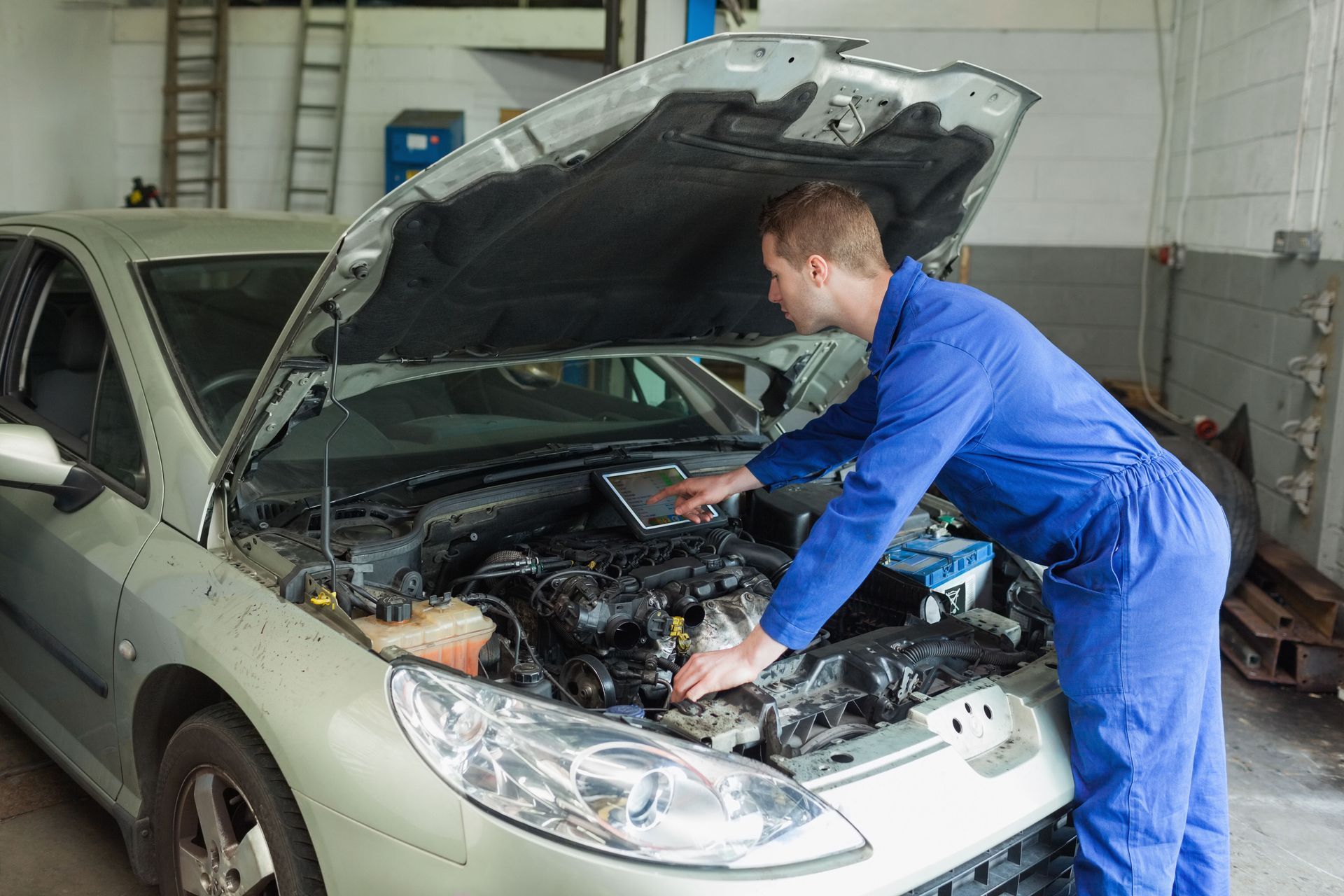

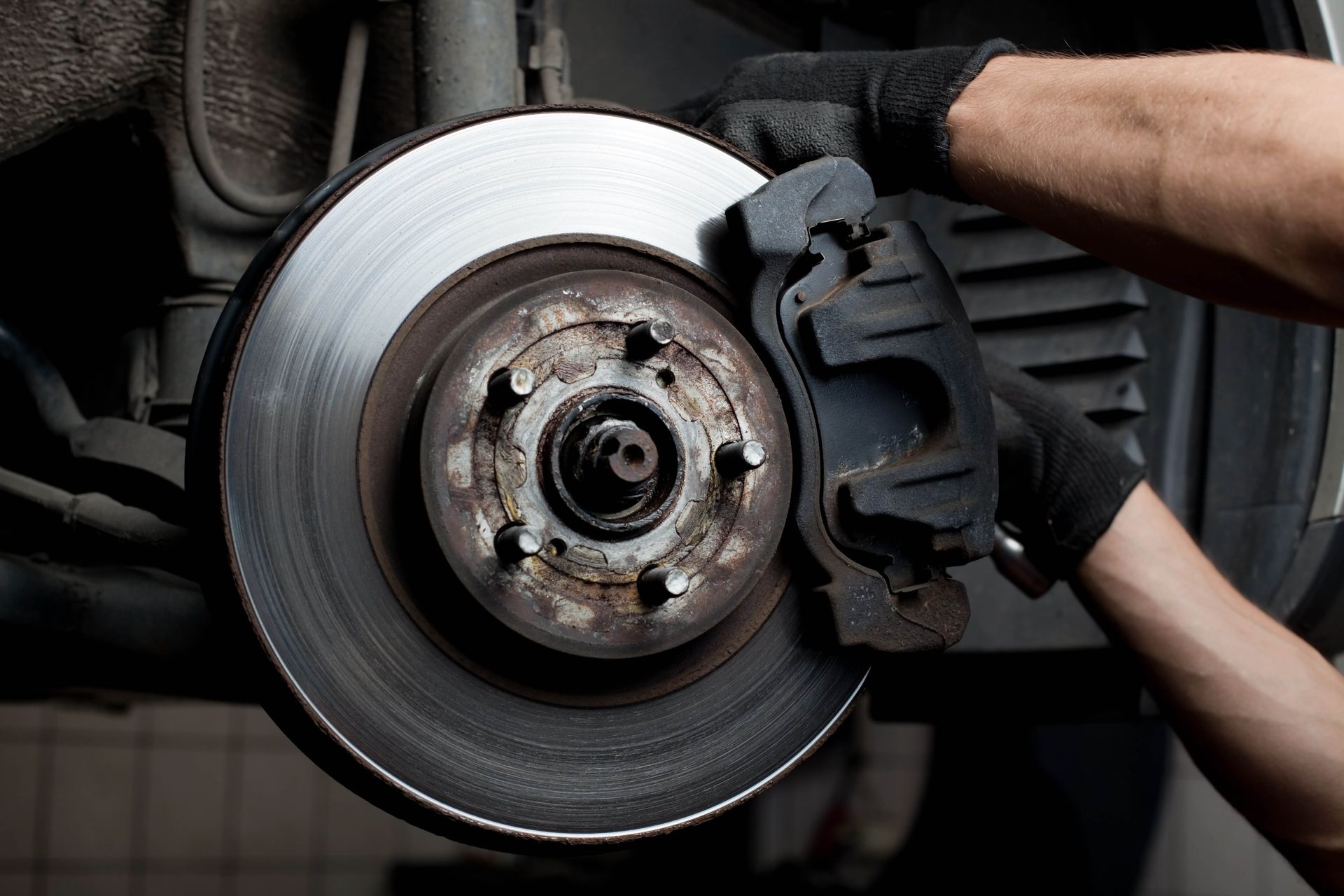
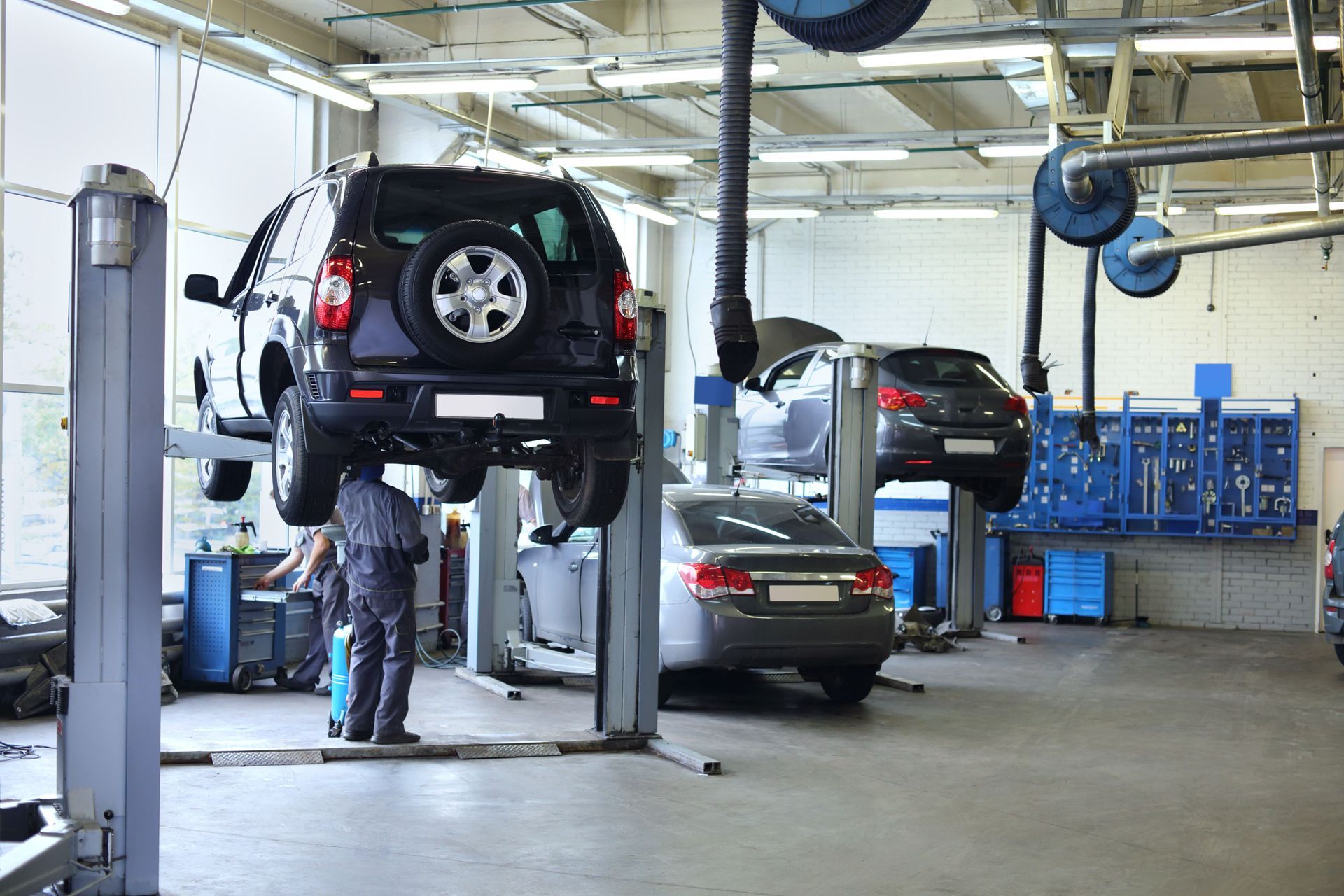
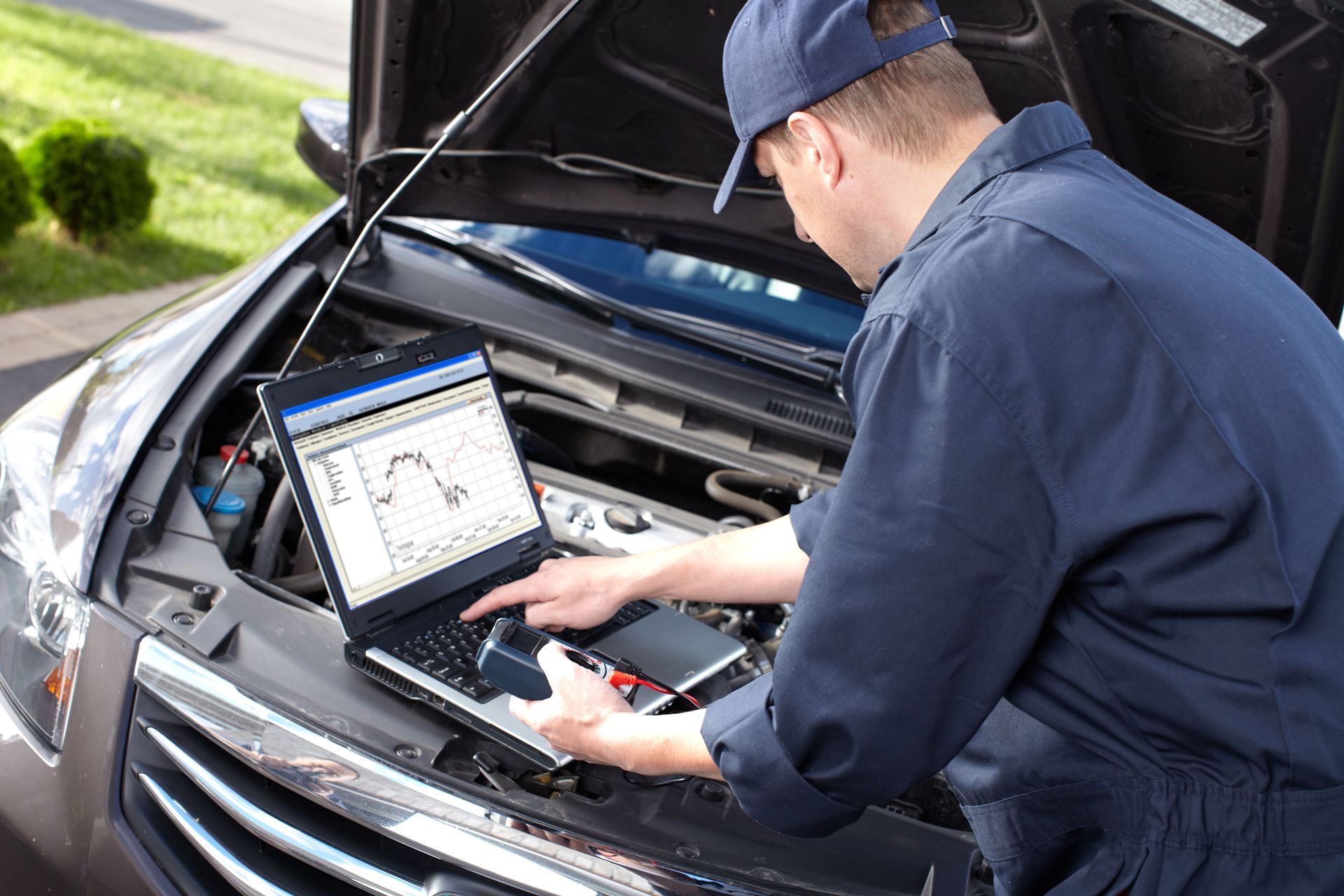
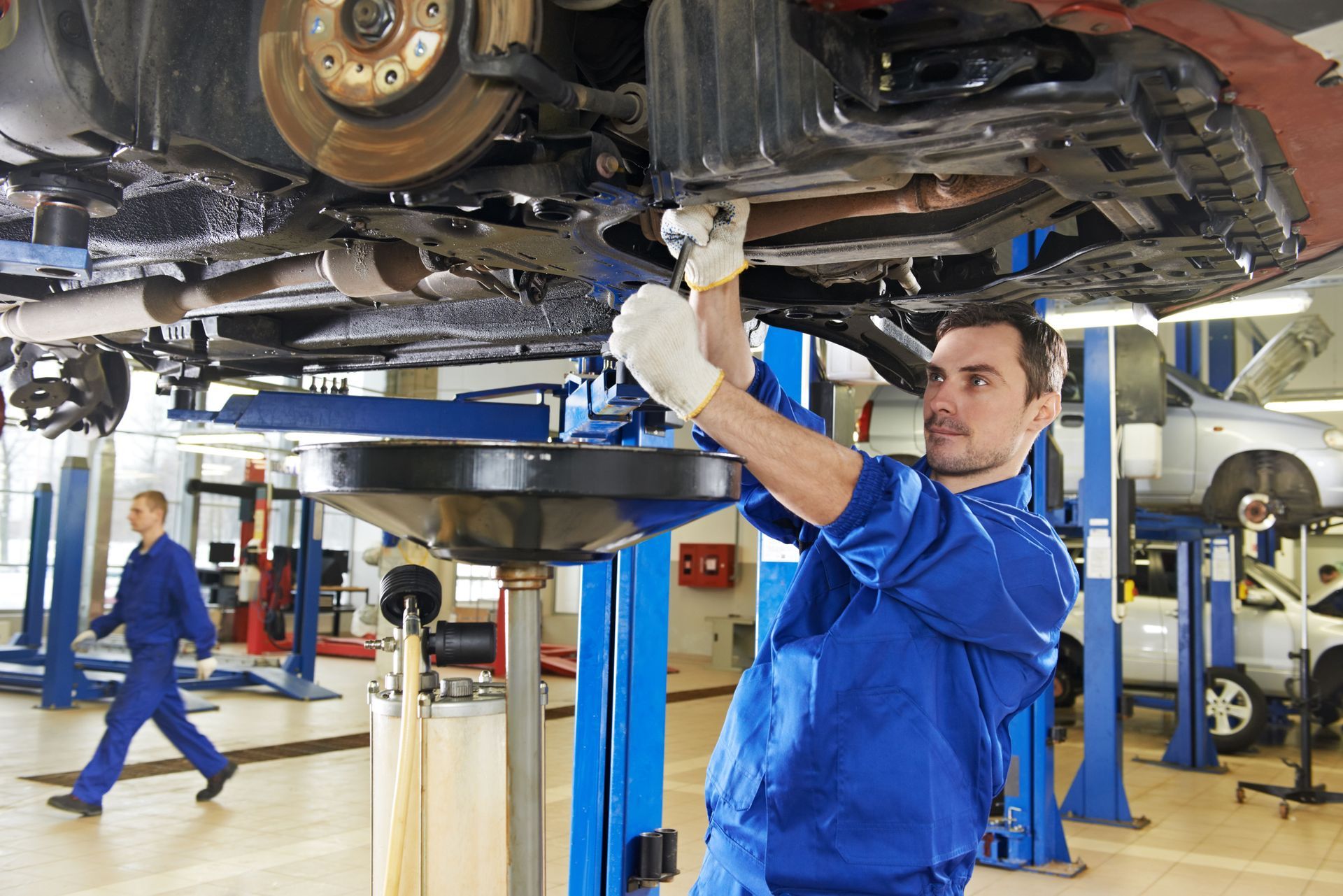
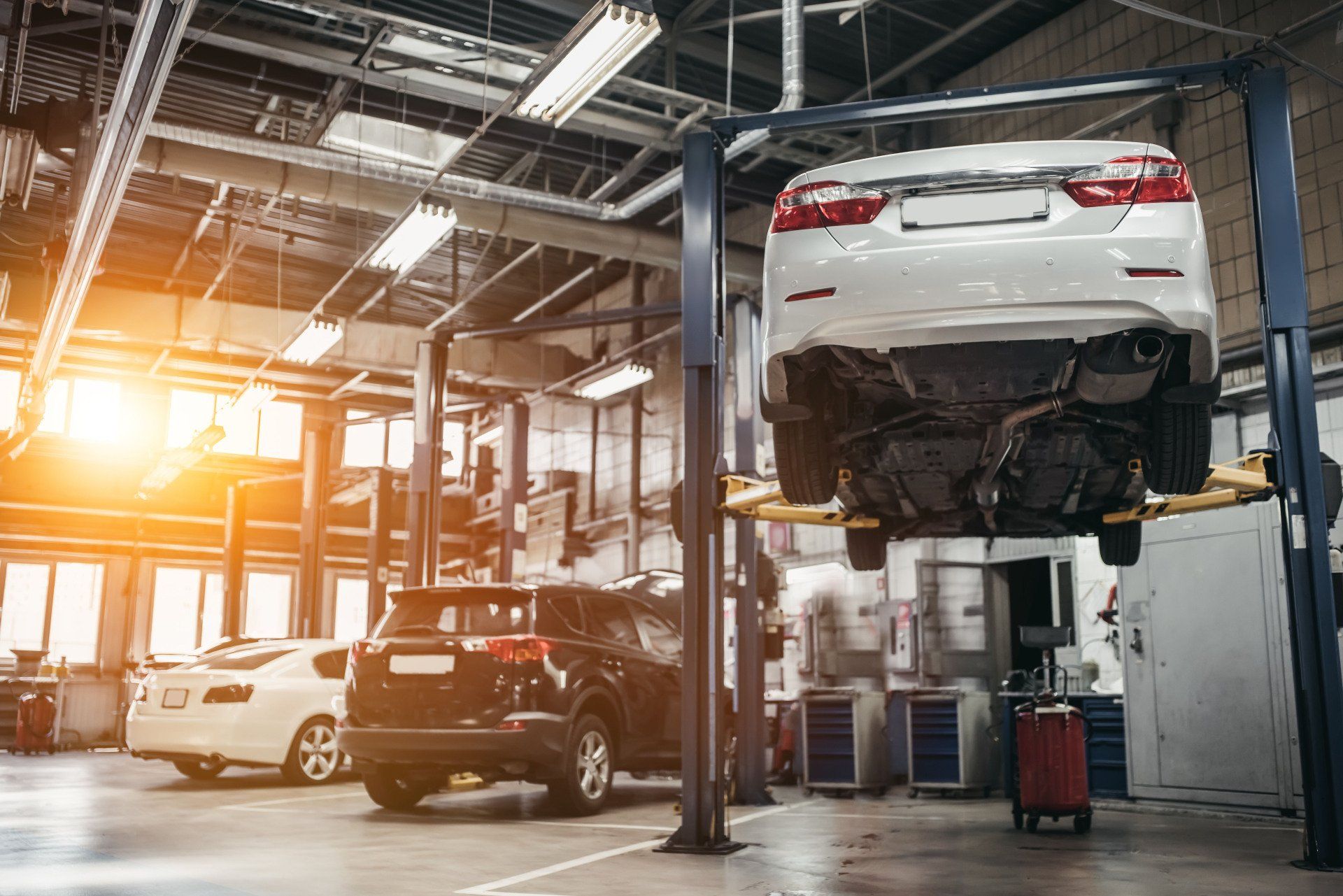

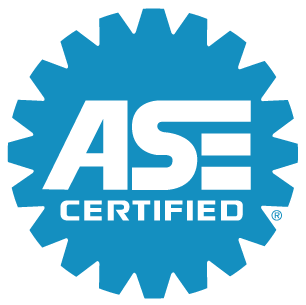




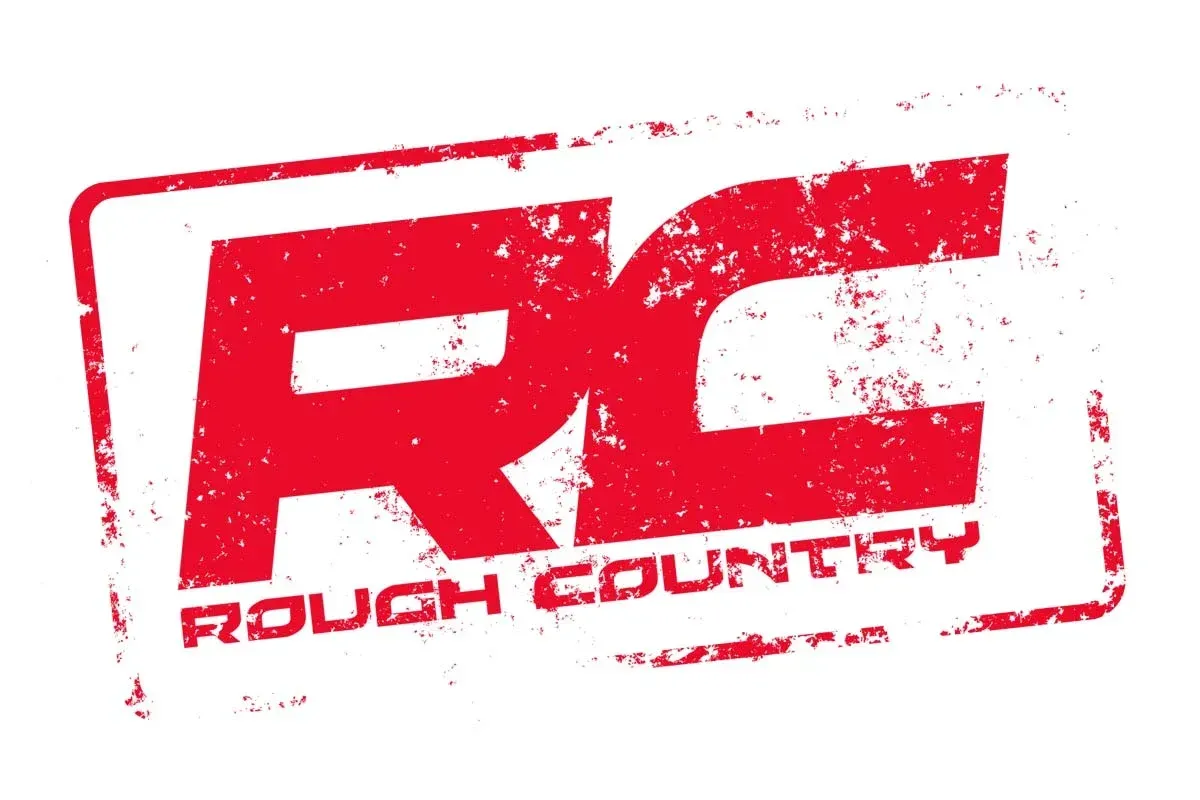
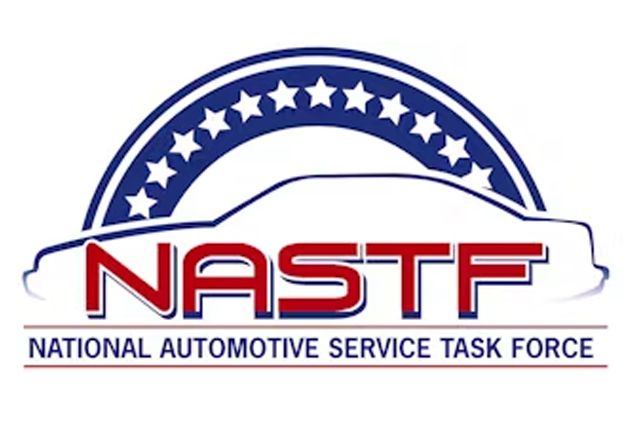
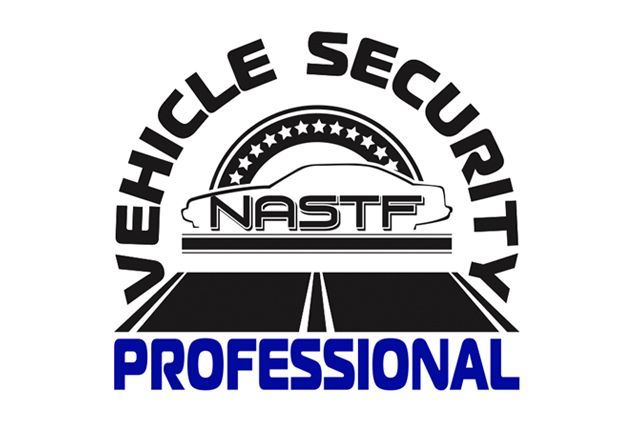
Share On: